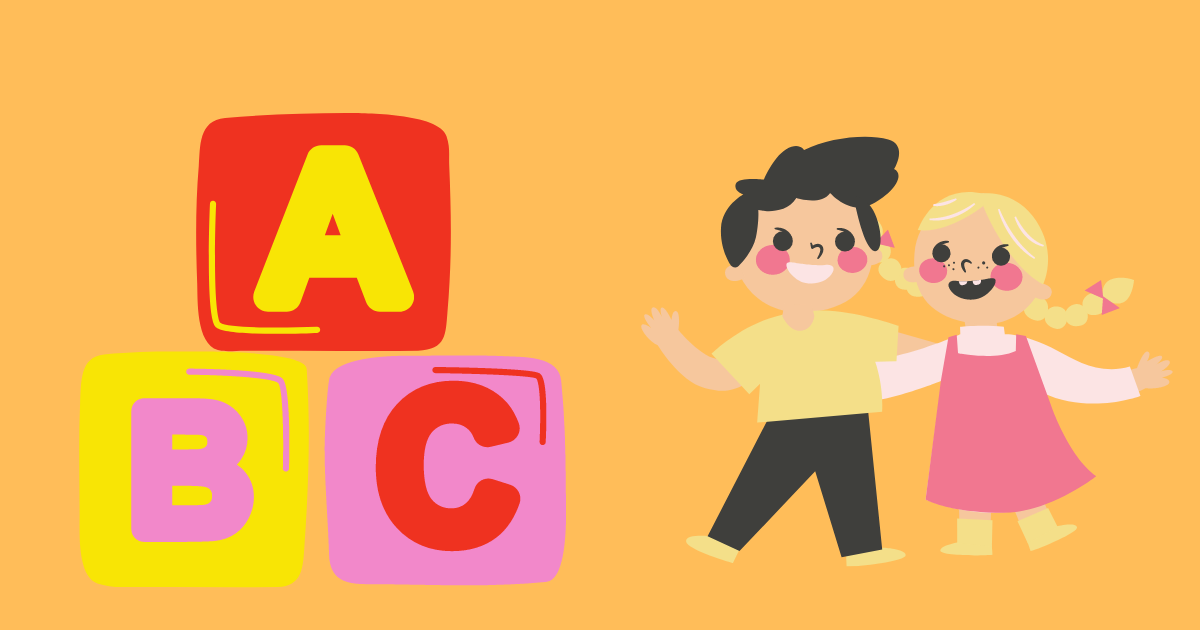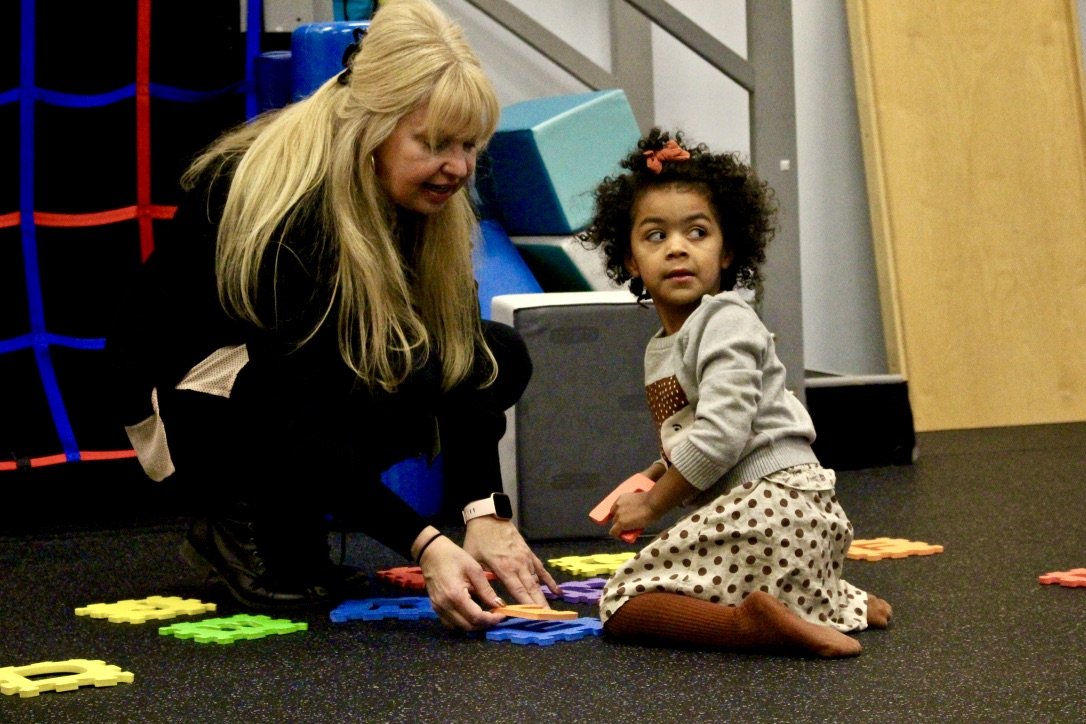
The Importance of Handwriting
Something commonly worked on in occupational therapy is handwriting. This might not seem like the most relevant fine motor area to address, but handwriting is still a very important skill. If a child struggles with their handwriting, it can cause problems in their eagerness and ability to learn.
Handwriting is a key skill that allows children to communicate what they learned or are thinking, and it allows them to keep up at school. Handwriting difficulties can cause anxiety, lack of motivation, and decreased academic performance.

Importance of Screening and Treating Visual Issues in Occupational Therapy
Visual-information processing is a critical component of learning.
This summary looks at the study titled “Vision, Visual-Information Processing, and Academic Performance Among Seventh-Grade Schoolchildren: A More Significant Relationship Than We Thought?” This study gives a good rationale as to why occupational therapists should be helping to screen and treat visual issues.

Why Every Child Needs Early Vision Screening
Vision plays a critical role in your child’s comfort and performance. We use our sight daily for numerous things, and if your child is struggling with their vision, it may cause more complicated issues down the line. Unfortunately, basic visual screening tests done by a pediatrician can miss a lot of common vision problems. Early intervention and awareness is one of the best tools to combat any problems that can be caused by vision issues.

Benefits of Yoga for Children
Yoga is a wonderful form of low-impact exercise for people of all ages, but did you know that it can be especially beneficial for children, including those with special needs? The positive aspects of yoga-based exercises go well beyond the physical benefits and help children develop their focus and concentration while also boosting confidence and self-esteem.

Effective Interventions for Improving Coordination
The purpose of this systematic literature review titled is to explore the types of physical therapy interventions used to help children with developmental coordination disorder (DCD), and whether they are effective in improving coordination and balance.

Coordination
Coordination is an important part of your child’s development. Exercises will typically target visual motor skills and bilateral skills. As your child develops, coordination will improve. There are also a variety of activities your child can do that help improve their coordination and balance.

Verb Particle and Preposition Acquisition and Teaching
Studies have shown that verb particles are especially difficult and care should be taken to properly teach students. This can be done through direct instruction. This summary features two articles: one about why verb particles and prepositions are difficult to acquire for language-impaired children, and a summary of how direct instruction can be an effective method of teaching both verb particles and prepositions.

How to Build Vocabulary in Children through Verbal Routines
Verbal Routines and expansions are great ways to build vocabulary in children. When your child begins to enter the stage where they are forming words, it’s important to help teach them by narrating about what’s going on in the world around them.

The Importance of Evaluating Sleep as an Occupation
One of the most common and most overlooked issues in pediatric OT cases is sleep. It is a critical occupation that can affect a child’s performance, behavior, attention, sensitivity, and much more. The following studies provide evidence for why sleep should be evaluated when a child comes in for occupational therapy.

How to Help Your Child Fall Asleep
It is common to encounter some sort of sleeping issues when you are raising children. Luckily, most children do grow out of it as they reach adolescence. However, there are some cases, such as those children with autism or sensory processing disorders, where trouble sleeping is more long-term. Whatever the case may be, there are some approaches you and your family can take to make bedtime a bit easier on the whole family.

Occupational Therapy Techniques for Feeding and Toileting

What is Behavior Therapy for ADHD?

Create Confidence: the Importance of Self-Esteem in Young Children
When a child feels confident, they feel like they can take on the world. OT,PT, and Speech are geared towards helping build independence and confidence by helping your child build on the skillsets they need to thrive in life. These could be motor skills, communication, behavior, and more.

What is the Difference Between Fine Motor and Gross Motor Skills?
Motor skills, which are involved in the muscle movement within a child’s body, are divided into two categories: fine motor and gross motor. All motor skills require the necessary strength, coordination, and planning skills in order to be effective. There are many factors that contribute to the development of motor skills. What’s the difference between the two and what role do they play in your child’s development? Keep reading to find out!

Dyslexia and the Wilson Reading System
Dyslexia and Language-Based Learning Disabilities may prove as an obstacle for your child as they start to learn how to read and communicate. Although there is no cure for dyslexia, and even the cause behind it isn’t fully understood, it can be addressed through structured, multisensory learning programs. The Wilson Reading System is a great option, especially for those who have not found success with other interventions or thrive with more intensive teaching.

Why Would My Child Need Occupational Therapy?
A child’s daily activities can be broken down into tasks or “occupations.” These occupations are where occupational therapy comes in. As your child develops, they may struggle with some occupations for a variety of different reasons. Occupational therapists can evaluate and help to address the many psychological, social, and environmental factors that impact the way a child interprets and interacts with the world around them.
